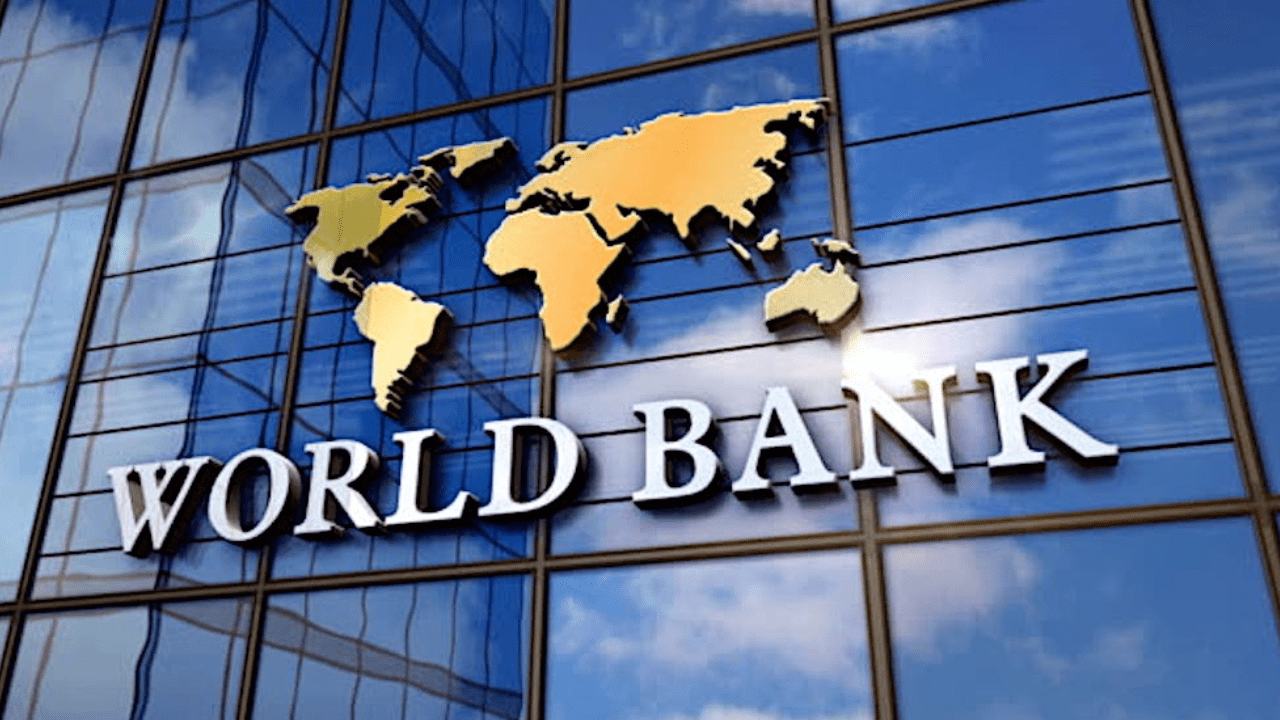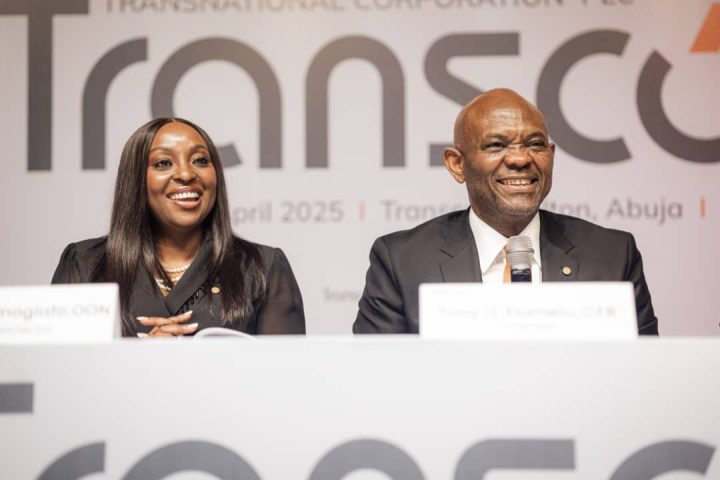World Bank Urges Nigeria to Implement Key Reforms for Economic Transformation
The World Bank has advised Nigeria to adopt key reforms to ensure sustainable economic recovery, warning that it may take 10 to 15 years to transform the economy fully. At the ongoing Nigeria Economic Summit, Indermit Gill, Senior Vice President of the World Bank Group, outlined a series of critical reforms that Nigeria must implement in 2025 to avoid long-term stagnation.
Gill stated, “Nigeria has one of the most competitive exchange rates it has seen in 20 years, which presents an opportunity for the private sector to flourish.” He emphasised the need to prioritize non-oil imports and take advantage of this favourable exchange rate to boost the economy.
Join our WhatsApp ChannelFocus on Inflation and Vulnerable Households
Another key reform, according to the World Bank, is addressing inflation and protecting the most vulnerable citizens. Gill acknowledged the Nigerian government’s efforts to ease the burden of inflation through a large-scale targeted cash transfer program, which has benefited 4-5 million households. He said, “This program should quickly extend to 10 million households, or more if necessary.”
Gill also urged the government to establish a cost-effective safety net for vulnerable citizens, noting that this could be funded by savings from ending fuel subsidies and correcting exchange rate distortions. “The savings from these reforms can provide the financial cushion needed to protect the most vulnerable,” he added.
READ ALSO: Nigeria Among Top 5 Nations Facing Food Inflation, Says World Bank
Rebuild Foreign Exchange Reserves
The World Bank further recommended that Nigeria rebuild its foreign exchange reserves to safeguard against oil price fluctuations. Gill cautioned against relying on short-term capital inflows that could artificially strengthen the naira. “Such inflows could raise the naira’s value too quickly and stifle non-oil growth. Instead, focus on long-term economic stability,” he advised.
Private Sector Growth Crucial for Job Creation by World Bank
With over 12 million young Nigerians expected to enter the workforce in the coming decade, Gill stressed that job creation must be driven by private sector investment. “Nigeria’s future depends on private sector growth, and this will require improvements in infrastructure, security, and governance,” he explained.
He noted that attracting large-scale domestic and foreign investment in the non-oil sector is essential for creating jobs. “The private sector will only thrive if the government focuses on improving the national power grid, transportation, security, and regulatory frameworks,” Gill emphasized.
Learning from Past Mistakes
Gill also drew attention to Nigeria’s missed opportunities in the past, particularly the reforms implemented between 2003 and 2007. “Nigeria’s earlier reforms were on the right track but were not sustained. Today, the country is feeling the consequences of failing to maintain those reforms,” he said.
He pointed to Norway as an example of a country that successfully managed its oil wealth through long-term reforms. “Norway stayed the course, and the dividends are clear. Nigeria must learn from that experience and avoid repeating the mistakes of the past,” he said.
A Path to a Brighter Future
Gill expressed optimism about Nigeria’s potential to become a leader in sub-Saharan Africa, but only if the government stays committed to long-term reforms. “Nigeria will not only survive but thrive if it remains focused on these key reforms for at least the next 10 to 15 years,” he said.
The World Bank’s recommendations come at a time when Nigeria is grappling with significant economic challenges, including high inflation, unemployment, and low foreign reserves. The Nigerian government now faces the difficult task of implementing these reforms to secure a prosperous future for its citizens.
Emmanuel Ochayi is a journalist. He is a graduate of the University of Lagos, School of first choice and the nations pride. Emmanuel is keen on exploring writing angles in different areas, including Business, climate change, politics, Education, and others.



















Follow Us